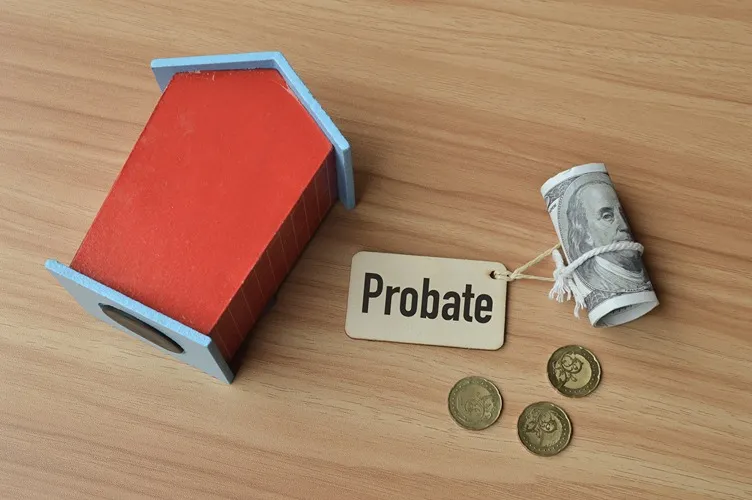Understanding the Role of Executors in Texas Probate
Executors play a crucial role in the probate process, as they are responsible for managing the deceased's estate, ensuring that debts are paid, and distributing assets to beneficiaries. In Texas, an executor is typically named in the will, but if no will exists, the court will appoint one based on state laws.
Being an executor comes with significant responsibilities, including filing the will with the probate court, notifying creditors, and handling tax obligations. Executors must also keep accurate records and may need to provide regular updates to beneficiaries, making this role both demanding and vital for the smooth administration of the estate.
Common Misconceptions About Probate in Texas
Many people have misconceptions about the probate process, often believing it is always lengthy and costly. While probate can be complex, especially for larger estates, it is not always the case that every estate must go through a formal probate process, particularly if the estate is small or if assets are held in a trust.
Understanding these misconceptions can help individuals better prepare for the realities of probate. For instance, some may think that all assets must go through probate, but certain assets, such as joint accounts or life insurance policies with designated beneficiaries, can bypass this process entirely.
What to Expect During the Texas Probate Process
The Texas probate process typically begins with filing the will and an application for probate in the appropriate court. After this, there are several steps, including validating the will, notifying heirs and creditors, and inventorying the estate's assets. Each stage has specific legal requirements that must be followed to ensure a smooth process.
Throughout the probate journey, timelines can vary based on the complexity of the estate and any disputes that may arise. Generally, the entire process can take anywhere from a few months to over a year, depending on these factors. Understanding what to expect can help alleviate anxiety for those navigating probate for the first time.
Alternatives to Traditional Probate in Texas
For those looking to avoid the traditional probate process, Texas offers several alternatives that can simplify estate administration. Options such as small estate affidavits, transfer-on-death deeds, and living trusts can help bypass probate, allowing for quicker and more straightforward asset distribution.
Utilizing these alternatives often requires careful planning and legal guidance to ensure compliance with Texas laws. For instance, a transfer-on-death deed allows property to be directly transferred to beneficiaries upon the owner's death, eliminating the need for probate altogether. Understanding these options can empower individuals to make informed decisions about their estate planning strategies.









